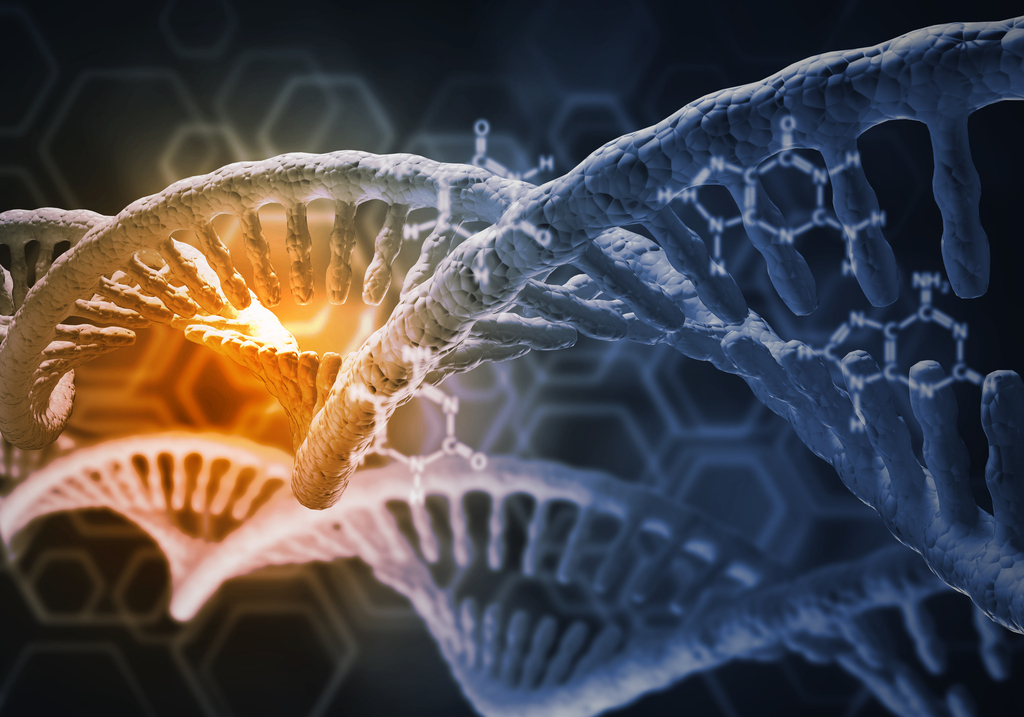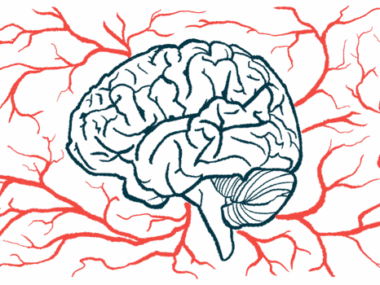IQSEC2‐related Intellectual Disability Should Be Part of Rett Spectrum
Written by |

Khakimullin Aleksandr/Shutterstock
Patients with milder forms of IQSEC2‐related intellectual disability experience symptoms and have an overall clinical course very similar to those with atypical Rett syndrome, a study has found.
Based on these similarities, people carrying IQSEC2 gene mutations may be included in the wide clinical spectrum of Rett, and this form of intellectual disability should be considered in the differential diagnosis of Rett spectrum disorders, researchers said.
The study, “IQSEC2 disorder: a new disease entity or a Rett spectrum continuum?,” was published in the journal Clinical Genetics.
The IQSEC2 gene is located on the X chromosome that is known to play a key role during nerve cell development. Individuals carrying mutations in IQSEC2 may develop IQSEC2‐related intellectual disability, a neurological disorder characterized by low muscle tone (hypotonia), seizures, poor speech, repetitive hand movements, and moderate-to-severe developmental delays.
Many of these symptoms overlap with those seen in patients with Rett syndrome, a disorder that comprises a wide spectrum of subtypes, each with a specific set of manifestations. Also, it has been found that many patients carrying IQSEC2 mutations meet most diagnostic criteria defined for classic Rett, suggesting a strong association between both disorders.
All these patients, whose ages ranged from 2 to 46 years, had normal growth at birth. Apart from two patients, all others were able to learn and speak at least single words, and all were able to walk independently at their last follow-up visit.
According to the investigators, these findings “reinforce the hypothesis that also IQSEC2 mutated patients may lay under the wide clinical spectrum of [Rett] and thus IQSEC2 should be considered in the differential diagnosis.”
After crossing clinical data with genetic information, the team also found that many patients with milder clinical manifestations were females who carried de novo mutations that disrupted the C-terminus of the IQSEC2 protein, suggesting that “variant type and position together with gender are crucial to determine” the disease’s clinical course.
The researchers added that future studies investigating the relationship between clinical symptoms and genetic background will be needed “to establish a definitive … correlation.”





